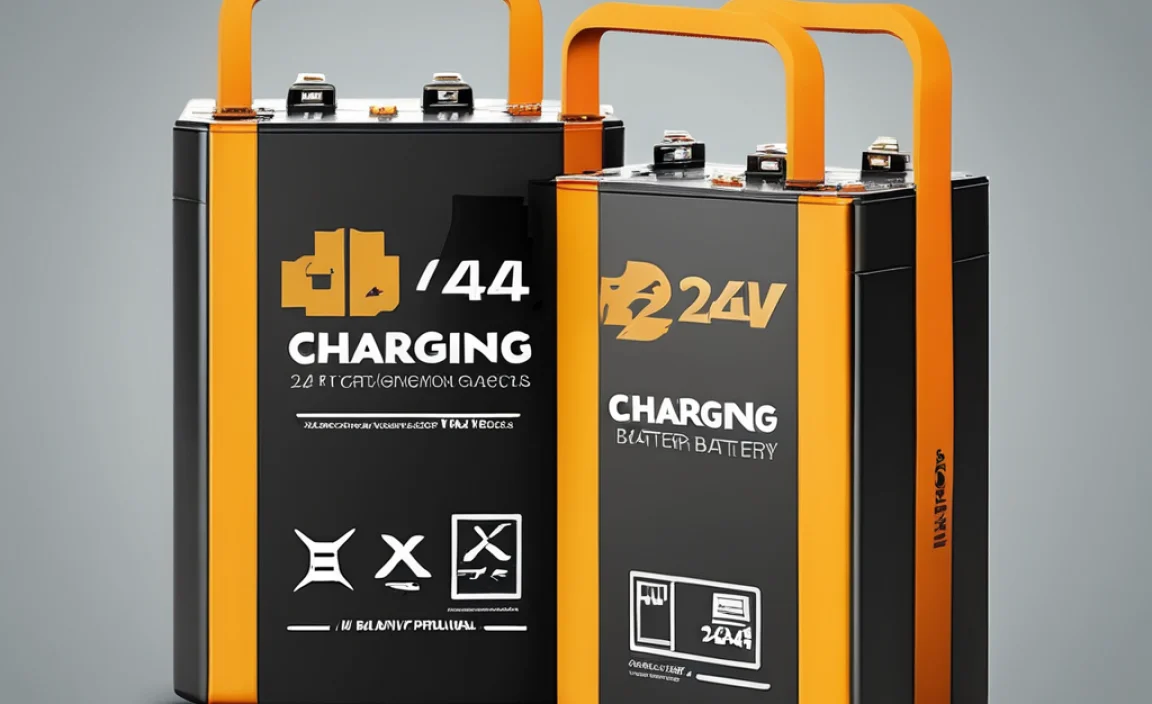Free car battery disposal is a topic that often gets overlooked until the moment it becomes a pressing necessity. Replacing a car battery is a common automotive task, and while the focus is usually on the new battery and the installation, the responsible disposal of the old one is equally important for both environmental and sometimes even personal financial reasons. Fortunately, there are readily available and often free options for getting rid of your old car battery, ensuring it doesn’t end up in a landfill where its harmful components can leach into the soil and groundwater.
Why Free Car Battery Disposal Matters
Car batteries, technically known as lead-acid batteries, contain corrosive sulfuric acid and heavy metals like lead. These substances are toxic and pose significant environmental risks if not handled properly. Improper disposal can contaminate water sources, harm wildlife, and contribute to pollution. On a more positive note, the materials within a car battery are highly recyclable. Lead is one of the most recycled metals globally, and the components of a car battery can be reused to manufacture new batteries, reducing the need for virgin materials and the energy-intensive processes associated with their extraction and refinement. This makes responsible disposal not just an environmental imperative but also a contribution to a circular economy.
Finding Out Where to Dispose Car Battery for Free
The good news is that you don’t have to pay to dispose of your old car battery. Several avenues exist for finding where to dispose car battery for free, making it a convenient and accessible process for most vehicle owners.
One of the most common and straightforward places to return your old car battery is to the retailer where you purchase your new one. Many auto parts stores and battery retailers have programs in place to accept old batteries for recycling when you buy a replacement. In some cases, they may even offer a small core charge refund when you bring back your old battery. This incentivizes proper disposal and covers the cost of recycling. Before heading out, it’s always a good idea to call ahead and confirm their policy, although it’s a standard practice for the vast majority of these establishments.
Another excellent option for free car battery disposal are mechanic shops and service centers. If you’re having your battery replaced by a professional, they will typically take care of the disposal process for you. They often have established relationships with recycling facilities and will include the disposal as part of their service. Even if you replace the battery yourself, many mechanics are willing to accept your old battery for recycling, sometimes for a small fee or even free, especially if they have a regular pickup service from recyclers.
Local Government and Recycling Centers: Your Go-To Spots
Local municipalities and county waste management departments are often involved in promoting and facilitating responsible disposal of hazardous household materials, including car batteries. Many have designated recycling centers or collection points that accept these items free of charge. These centers are equipped to handle batteries safely and ensure they are sent to the appropriate recycling facilities. A quick search on your local government’s website for “waste disposal” or “recycling centers” will usually provide you with a list of locations, operating hours, and any specific instructions for dropping off your battery. This is often the most comprehensive resource for understanding the free disposal options available in your specific area.
Some communities also organize periodic hazardous waste collection events. These events are specifically designed to allow residents to drop off items like batteries, electronics, paint, and chemicals that cannot be placed in regular curbside trash. Keep an eye on local news or community calendars for announcements about these events.
The Manufacturer’s Role and National Programs
Many battery manufacturers also have their own recycling initiatives. While it might take a little more effort to find these, they are another avenue for ensuring your battery is disposed of responsibly and often for free. Some manufacturers partner with collection networks or offer mail-back programs for old batteries, although these might sometimes incur a shipping cost.
Beyond individual manufacturers, there are also larger, national recycling organizations and programs that work to facilitate lead-acid battery recycling. While you might not directly interact with these on a personal level for a single battery, they are the backbone of the industry that ensures batteries collected by retailers and service centers are processed correctly. Understanding these broader initiatives can reinforce the importance of taking your old battery to a designated drop-off point.
What to Do Before You Go
Before you head out to dispose of your old car battery, there are a few simple steps you can take to ensure a smooth process:
Check for Leaks: While unlikely for a relatively new replacement, if your old battery has been sitting for a while or shows signs of damage, ensure it’s not leaking acid. If it is, handle it with extreme care and wear protective gloves.
Secure the Battery: Car batteries are heavy and can be awkward to carry. If you’re transporting it yourself, try to keep it upright to prevent any residual acid from spilling. Some people use a sturdy plastic bin or bucket for transport.
* Call Ahead: As mentioned earlier, it’s always a good practice to confirm the specific drop-off location’s policies regarding free battery disposal, especially if you’re unsure.
By understanding the options available for free car battery disposal and taking these simple precautions, you can ensure that your old battery is handled in an environmentally responsible manner, contributing to a cleaner planet and conserving valuable resources.

